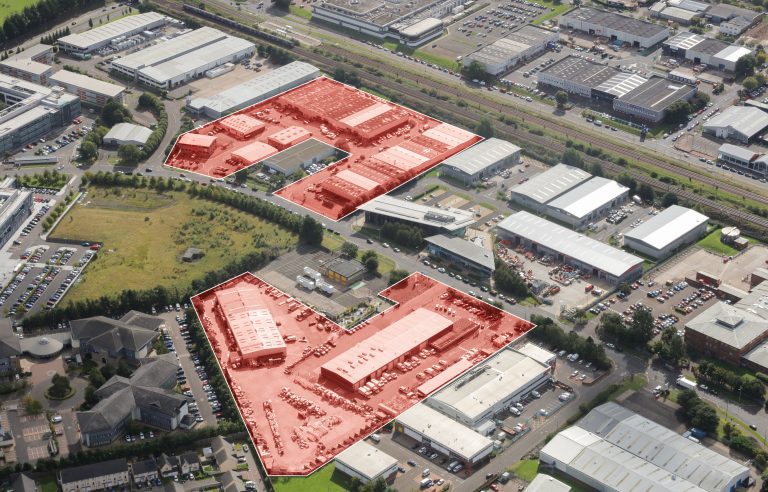The future of twelve of the UK’s most historic buildings is to be secured with a £12.2 million investment from the National Lottery Heritage Fund. From Argyll and Cardiff to Belfast and Lowestoft the investment funding will breathe new life into historic spaces, which will be transformed into important assets at the heart of local communities. Five projects have received a combined total of £10.4m in grants and a further £1.8m has been awarded to seven organisations to develop their plans to revitalise heritage. Chief Executive of The National Lottery Heritage Fund, Eilish McGuinness, said: “Saving heritage is core to what we do, and we look forward to seeing these fantastic projects improving the condition and understanding of the important heritage they guard, reducing the amount of ‘heritage at risk’, and delivering transformational projects for communities across the UK.” The five projects receiving heritage grants are: Historic Ice House, Great Yarmouth (£1,968,061) Built between 1851 and 1892, the site was once used to house freshly caught seafood ahead of transportation to London’s Billingsgate fish market. Led by Out There Arts, the site will be brought back to life as a Centre of Excellence in Outdoor Circus and Arts. The Strand Arts Centre, Belfast (£768,069) Led by Belfast City Council and the Strand Arts Centre, Northern Ireland’s oldest cinema will be transformed with our funding. Visitors will step back in time for a ‘living museum’ experience of a pre-war cinema. Victorian market, Cardiff (£2,091,500) The Grade II* listed market in Cardiff’s Castle Cultural Quarter will be restored by Cardiff Council, revitalising its structure and reducing energy costs. The site opened in 1891 and stands on top of the infamous Cardiff Gaol and gallows site. St. John’s Church in Chatham, Kent (£2,318,287) This ‘at risk’ building is set to become a thriving, sustainable Gateway Community Hub. The project, which will also receive £1m from the future High Streets Fund via Medway Council, will revitalise heritage in Chatham for generations to come. Lowestoft Town Hall, Suffolk (£3,257,512) Vacant since 2015, Lowestoft Town Council will restore the Grade II listed building. It will establish a community venue to engage local people, improve residents’ lives and transform the town’s historic heart. The funding is helping organisations develop their projects. Seven more organisations have been awarded development funding to finalise plans for creating community hubs for engagement, education, creativity and wellbeing: • St Conan’s Kirk, Argyll, Scotland (£93,792) • St Collen’s Church, Llangollen, Wales (£94,886) • Alice Billings House, Stratford, Newham, London (£467,172) • Rock Hall Revival, Bolton (£466,662) • Woodoaks Farm, Rickmansworth, Hertfordshire (£201,392) • Ellesmere Yard, Shropshire (£409,993) • Napper Cottage, Guildford – England’s first Cottage Hospital (£58,700) Building, Design & Construction Magazine | The Choice of Industry Professionals














